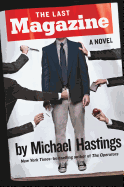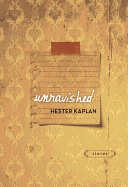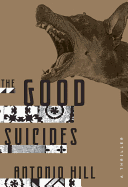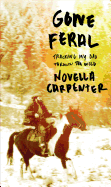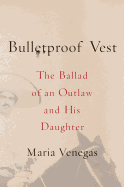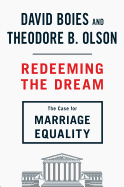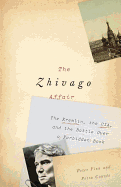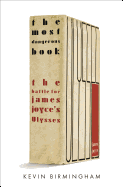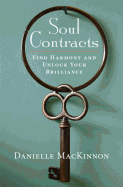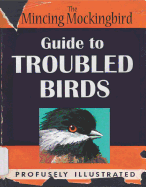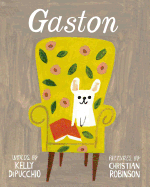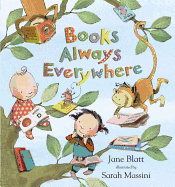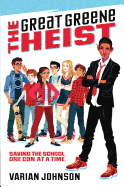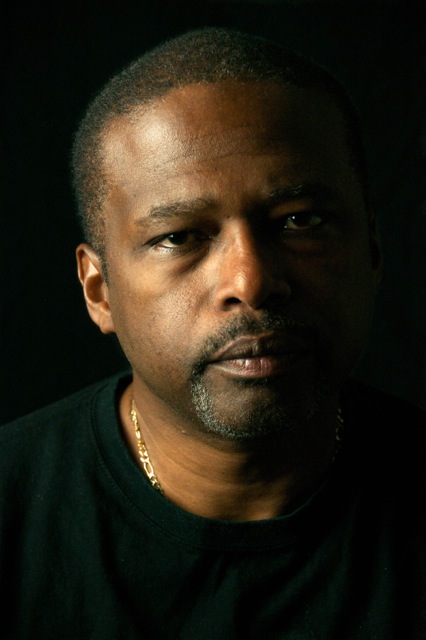 |
| photo: Mark Hillringhouse |
Jeffery Renard Allen is the author of two collections of poetry, Stellar Places (Moyer Bell, 2007) and Harbors and Spirits (Moyer Bell, 1999), and of the novel Rails Under My Back (Farrar, Straus & Giroux, 2000), which won the Chicago Tribune's Heartland Prize for Fiction, and the story collection Holding Pattern (Graywolf Press, 2008), which won the Ernest J. Gaines Award for Literary Excellence. His work has also appeared in several anthologies, including 110 Stories: New York Writes after September 11, Rainbow Darkness: An Anthology of African American Poetry and Chicago Noir. Born in Chicago, Allen holds a Ph.D. in Creative Writing from the University of Illinois at Chicago and is currently an associate professor of English at Queens College of the City University of New York. His newest book, Song of the Shank (Graywolf Press), is a novel about Thomas Greene Wiggins, a 19th-century slave and improbable musical genius who performed under the name Blind Tom.
What led you to the story of Blind Tom and captured you enough to want to tell his story?
I learned of Blind Tom by accident. Back in 1998, I was reading Oliver Sacks's wonderful book An Anthropologist on Mars, where he writes a brief summary of Blind Tom's life. It struck me that this musician who had once been the most famous pianist in the world was now largely forgotten. I was also drawn to Sacks's compelling description of Tom's stage performances, the mind-blowing things he could do before an audience. How had I never heard of him? The more I started to research Wiggins, the more I came to see that his life seemed to be rich with the possibility for story, with issues such as slavery, blindness and historical erasure. There have only been a handful of good novels about the Atlantic slave trade. We think we know everything there is to know about this period of our history. And we often make the mistake of thinking it has nothing to do with today. But as Faulkner said, "the past is not past."
What did you learn that surprised you the most in your research?
I was truly surprised to see the amount of pen and press Tom received from the 1850s through the 1880s. That fact brings to mind how even today musicians are here today and gone tomorrow. How easily any of us can be forgotten. Interesting, too, that African American scholars, by and large, have shown little interest in Tom. Is this because Tom gave concerts that benefited the Confederate cause? Is he a historical embarrassment for some communities? Who is pulling the strings? Who determines what musician gets an opportunity to go on stage? Who determines what is art?
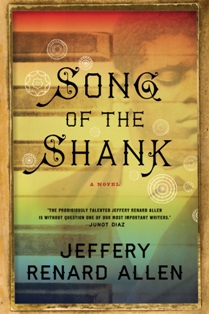 One fictional element in your novel is an island you call Edgemere. Tell us about its role in the book.
One fictional element in your novel is an island you call Edgemere. Tell us about its role in the book.
Edgemere is the name of a public housing project in Far Rockaway, Queens, a section of New York where I lived for about 14 years. In the novel, it in part becomes a vehicle for addressing the idea of black nationalism, which was at the center of political discourse in the mid-19th century in America. Many people, both black and white (including Abraham Lincoln for much of his life), were convinced that black people could never be fully at home in America. One might see the climax of this line of thinking happening in the 1920s with Marcus Garvey. By the time we get to the 1960s, with people like Malcolm X and the Black Panthers, the notion is well into decline. Today it's largely an anachronism.... Edgemere also becomes a vehicle for exploring a certain type of life, small island life with small island beliefs, a sameness. That sense of life started to make sense to me when I spent time in Lamu and Zanzibar, small islands on the East African coast. The careful reader will see how Edgemere engages with some ideas that have become part of the American reality since September 2001. Is the "edge" a better alternative when you are constantly under attack? That is the question.
What role does music play in your life? In your writing?
I am a passionate listener. That's the most important thing. I also believe that music carries a kind of otherworldly feeling--think John Coltrane--that is not possible in any other form. I remember going to see Richard Bona at a jazz club in New York about two weeks after 9/11. Because flying was still a challenge, he had to take a taxi from Detroit to make the gig. And the way he played and sang took everybody in the audience to another place. It was just what we all needed. I've had similar experiences with music hundreds of times in my life.
There is a strong passion in Song of the Shank--did writing such a story change you as a writer in some way?
The book changed me first because it made me give everything I could, then kept asking me to give more. I cannot write a better book. And because I wrote the book over such a long period of time (altogether, from 1998 until 2013, although I didn't begin start to hone into the narrative until 2003, then didn't see the light at the tunnel until 2004), I myself went through life changes--marriage, divorce, my first children, my first trips to the African continent, a near-death experience from malaria that kept me in the hospital for six weeks, etc.--changes that shaped the book. I can say without exaggeration that this novel made me into both a better writer and a better person.
Of late, I have emphasized the importance of patience. A writer has to have the discipline to put in work every day, but a writer also needs to know that many of your best ideas come unexpectedly and can't be forced. In fact, serendipity is as important to the writing process as planning. You never know from where a seed of inspiration may come from.
Ten years ago, I spent a few weeks teaching in St. Petersburg, Russia, for the Summer Literary Seminars program. For the long flight, I brought along a recently published book about the Bobby Fischer-Boris Spassky match for the world chess championship, a match I remembered from my childhood. In the pages of the book I discovered the chess genius Paul Morphy, who was one of Tom's contemporaries and whose life had many interesting parallels to Tom's. (Both prodigies were Southerners, and Morphy often gave blindfold exhibitions where he would play as many as 30 opponents, an incredible feat of memory.) Morphy became an important figure in my novel.
The funny thing is that I was a chess fiend from age seven through my high school years and at one time I was quite familiar with Morphy's story. I also first heard of Tom back in my graduate years in college but had forgotten him. I discovered both Tom and Morphy at the opportune moment when my imagination could make use of them.
So a seed gets planted. You can't force the process--the planting, the growth, the harvest. All you can do is be open to the world, which is a way of opening yourself up to possibility.
Where is your writing taking you next?
I'm in the early stages of a book called Radar Country, which will be a collection of stories and novellas where I try to expand my take on place and time. The book will have stories from the historical past, some set in the present day, others in the near future, and still others in an undetermined time. And the stories will be set in both America and an unnamed (invented) country on the African continent. --Jen Forbus of Jen's Book Thoughts
Jeffery Renard Allen: Learning to Be Open to the World




 One fictional element in your novel is an island you call Edgemere. Tell us about its role in the book.
One fictional element in your novel is an island you call Edgemere. Tell us about its role in the book.